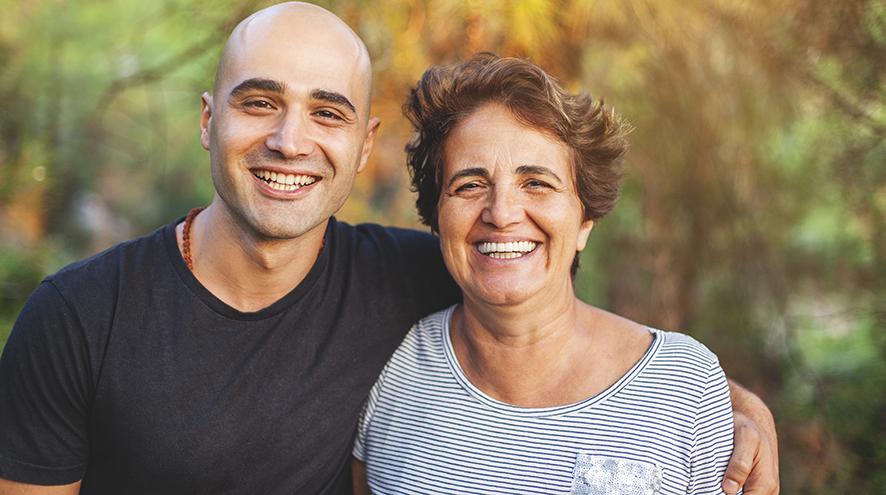Resources for young carers
Caring for a person with dementia as a child, teen or young adult comes with its own unique challenges.

Want more information? Check out our new young caregiver hub!
Kids, teens and young adults do help care for people living with dementia. Visit alzheimer.ca/youngcaregivers for tips and advice for young caregivers in Canada.
Remember: It’s OK to take care of yourself, too!
You may have less time to do things that other people your age are doing. You may feel isolated from your friends. You may be experiencing a lot of pressure and stress.
It is important to learn how to cope with the feelings you might have, such as sadness and guilt, and to know where to get help if you need it. It can also be helpful to know how others deal with being a young carer.
You may also contact your local Alzheimer Society for more information and support.
Resources
- Support Matters: A Guide for Young Carers and Their Allies. A By Us For Us© guide written by and for young carers. The guide examines factors that are important in the lives of young carers (children, youth, and young adults) who experience a shift in their family roles as a result of a family member’s exceptional needs or their unique family situation. It suggests ways to manage and cope with responsibilities and provides advice and guidance to adults and organizations on ways they can better support young carers in their community.
- Young Carers Project. A project that involved young carers sharing information and resources, educating the community about the existence and needs of young carers and getting involved in national and international young carer movements.
- Young Caregivers Association. In partnership with Alzheimer Society Brant, Haldimand Norfolk, Hamilton Halton, offers services, resources and awareness and empowerment for young caregivers and their families across Canada.
- Youth in Action: A Toolkit for Young Dementia Supporters. This toolkit is designed for kids in grades 5 and up (ages 9 and older) who want to learn about dementia and how they can help people living with dementia in their family or community.
